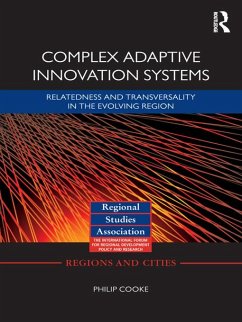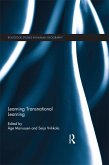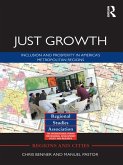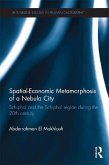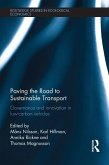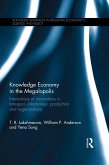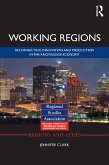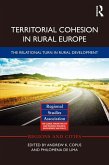The intellectual origins of Transversality lie in an aspiration to promote eco-innovation, one of the key hopes of assisting Western regional and national economies to re-balance and escape recession. The policy models of key regional exponents of the concept are explored and their goals achievement is assessed. An array of policy instruments and measures is presented for hands-on policy implementation. The book will be of vital interest to academics as teachers and researchers as well as policy advisers and public servants.
Dieser Download kann aus rechtlichen Gründen nur mit Rechnungsadresse in A, B, BG, CY, CZ, D, DK, EW, E, FIN, F, GR, HR, H, IRL, I, LT, L, LR, M, NL, PL, P, R, S, SLO, SK ausgeliefert werden.

